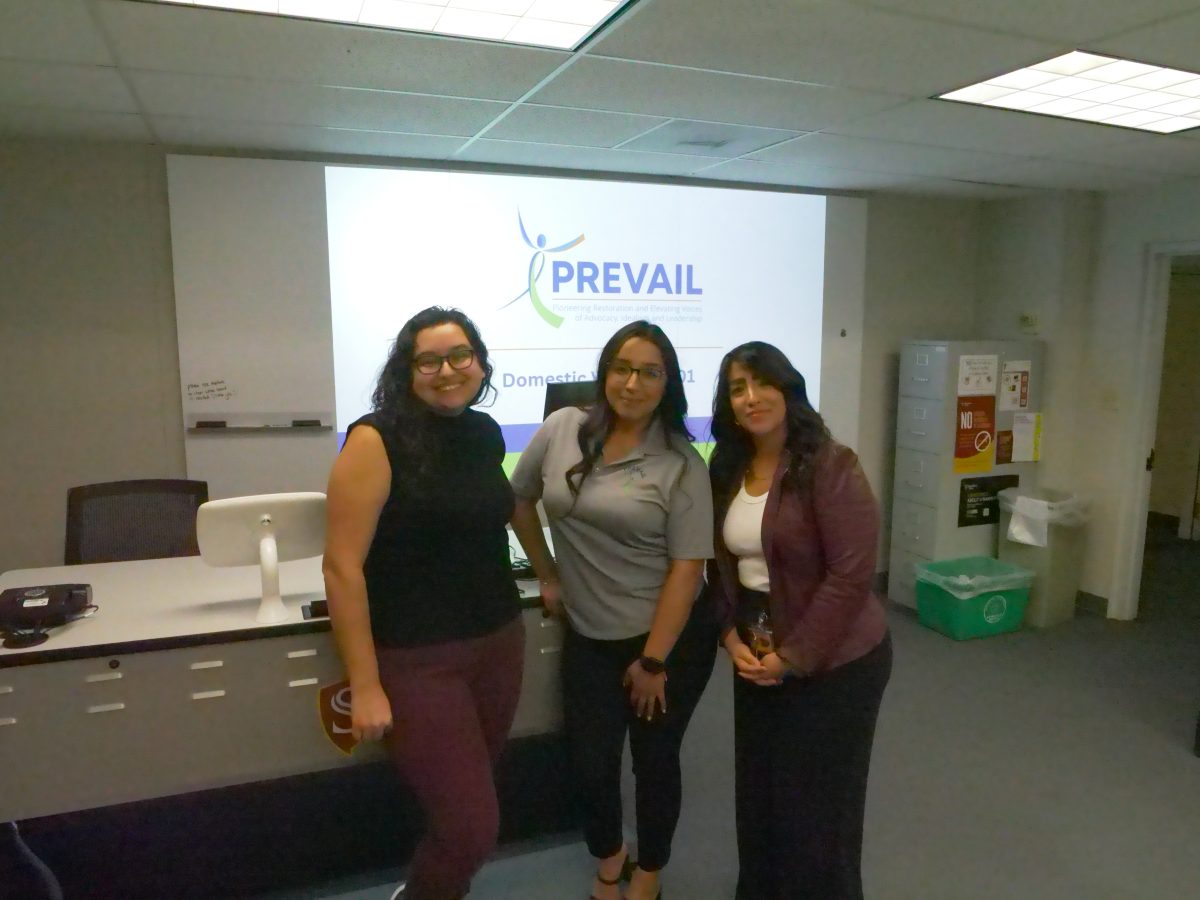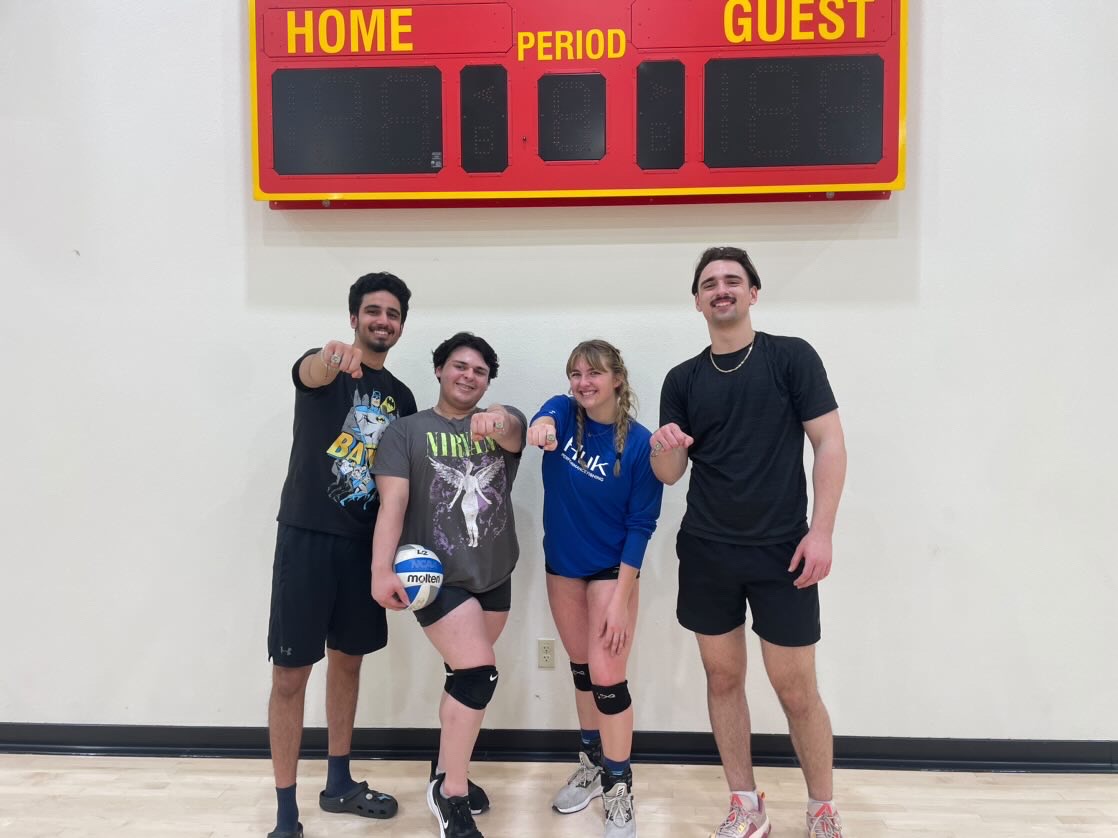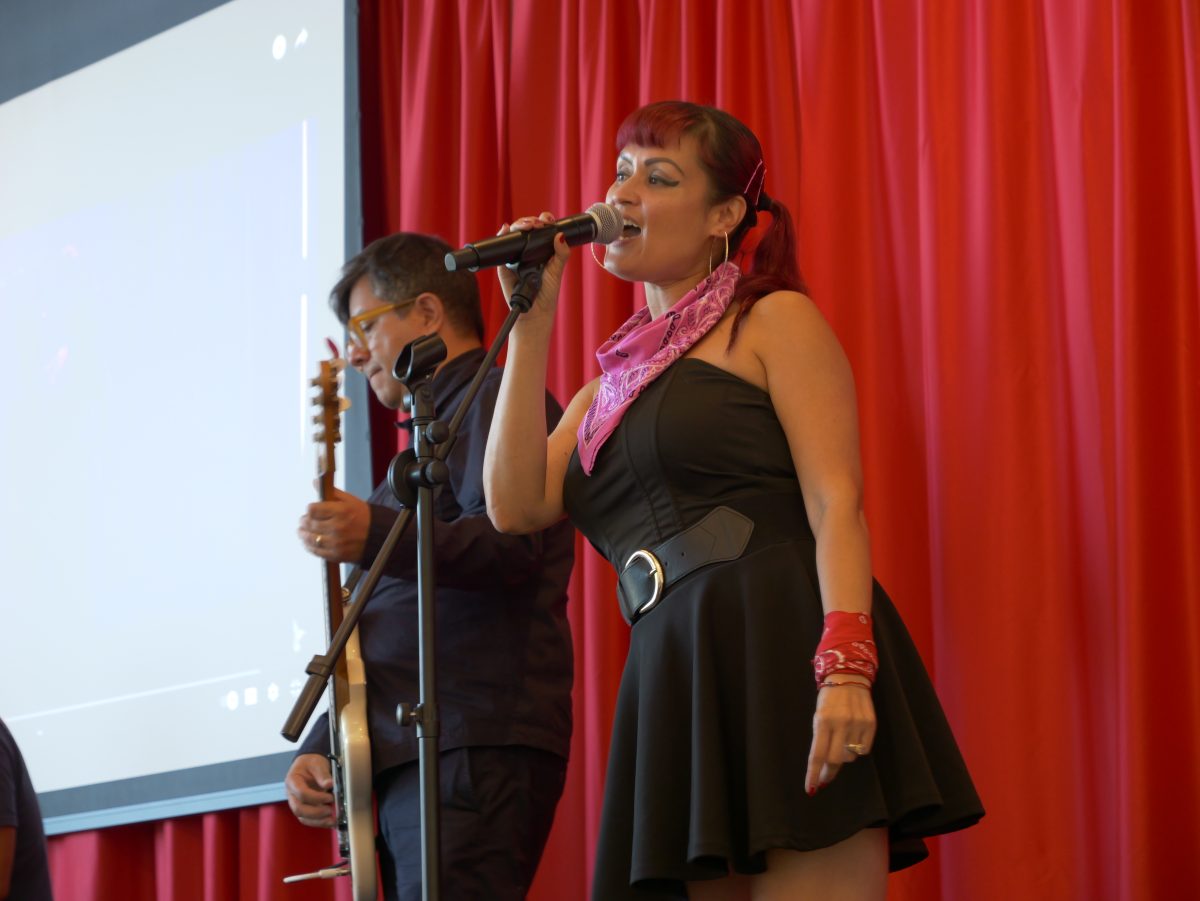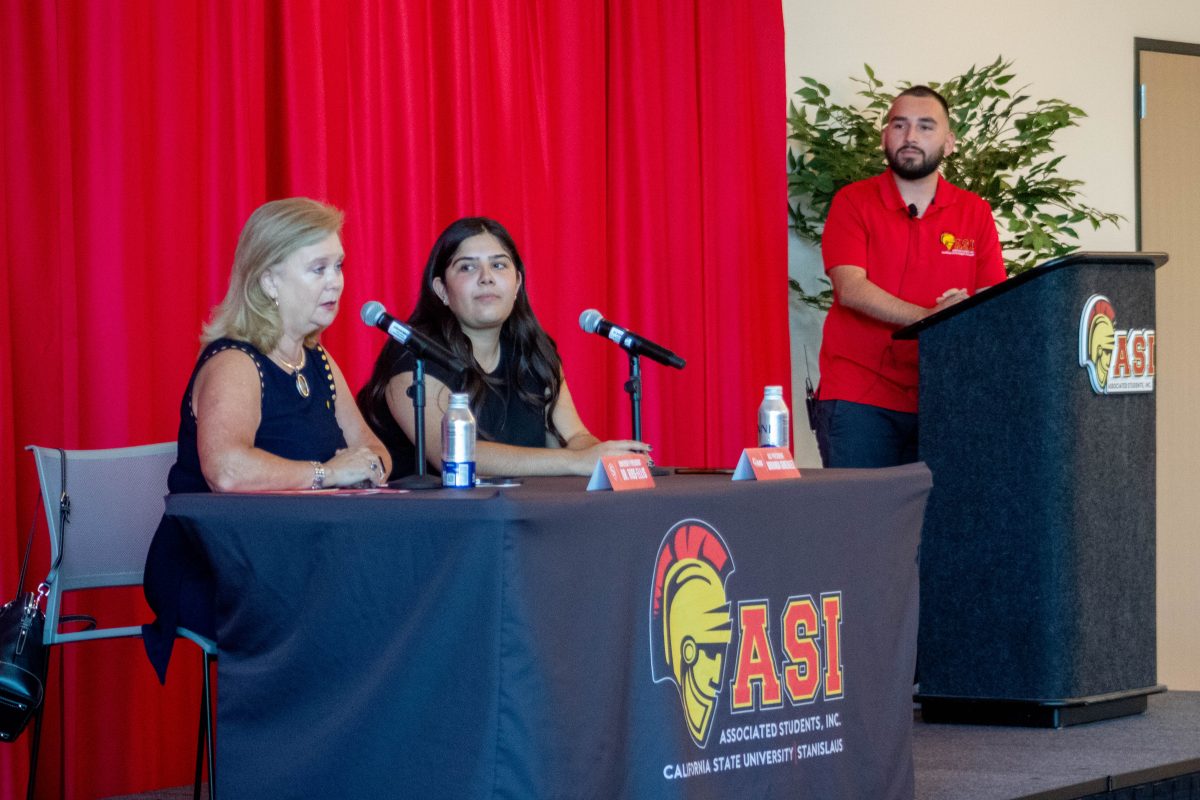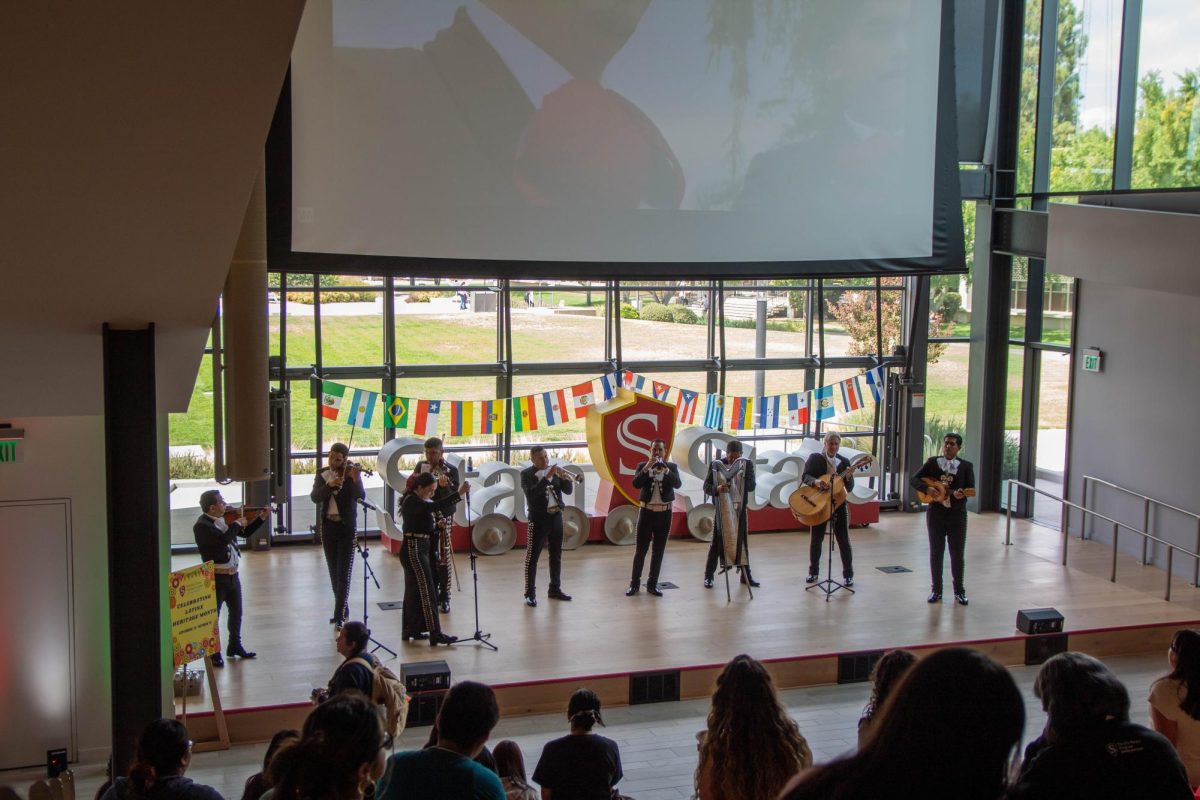Immigration policy was the topic of discussion at a meeting that was held by Matthew Lopez Phillips, the Dean of Students at California State University, Stanislaus (Stan State). He was accompanied by Janice Curtin, Interim Associate Vice President Communications and Public Affairs. They met with representatives from the Democratic Club and Movimiento Estudiantil Chicanx de Aztlán (MEChA) on Monday, April 12.
Phillips stated that the most important thing for students is their safety and security, and he reinforced the idea that his job is to help students succeed by providing knowledge of the resources that Stan State provides, such as the Dreamers Conference and Psychological Counseling Services.
Curtin also said that Stan State’s University Police Department has been tasked with being a liaison for students and their families who want to talk to the Office of General counsel.
Furthermore, Curtin explained that Stan State is currently not working with Immigration and Customs Enforcement (ICE) in detaining or deporting undocumented students.
“We are not aware of any immigration enforcement officials coming on campus. We operate under state law, but we are not working with ICE, as that is not the case at Stanislaus State at all. The enforcement of federal immigration is federal law,” Curtin said.
“The state will continue to comply with federal immigration laws, but the enforcement of those laws is not our responsibility. We have no agreements with the federal government to have any kind of enforcement at all,” Phillips added.
Many students may also be wondering why Stan State has refused to declare themselves a “sanctuary campus,” while many other private schools, such as Yale and Stanford, have.
“The term sanctuary lacks a universal legal or educational definition. While we are committed to the safe and secure environment, we won’t use the term “sanctuary” because it can lead to misplaced reliance on that word,” Curtin said. “It gives the impression that we can shield individuals from the law, and that’s not the case. We can’t actually hide people. The CSU is not going to use the term.”
After hearing this explanation, Democratic Club representative Jason Serang (senior, Political Science), who is a strong proponent and advocate for the term, did not back down without a challenge. During the meeting he kept asking “If it makes people feel better then why can’t we just use it?”
In the end, it was decided that the term was a work in progress and was seen as a future opportunity for the groups to meet again.
Curtin and Phillips also made it clear that they support California Senate Bill 54, which limits state and local police cooperation with federal immigration authorities.
“Federal law should be carried out by federal government, and the CSU is a state agency,” Curtin said.
“If this passed, it would just give us more ammo. We don’t coordinate with ICE already. I don’t think it would change our stance of trying to ensure your safety or security,” Phillips added.
Although many undocumented students are afraid that getting something as small as a parking ticket is enough to get them deported, Phillips states that “if you got pulled over for speeding on campus, then you’re going to get a speeding ticket. We aren’t going to ask for your immigration status.”
Gloria Vallin (senior, Biology) and Gabriela Aguayo (junior, Business), MEChA representatives, also discussed the possibility of having Phillips attend one of their upcoming meetings. That is still a work in progress.
Overall, Phillips and Curtin want to promote the idea that students, faculty and staff at Stan State are all like a family, and that we are all here for one another.
“We really want to operate like family. That means you resource people, that you care about them and that you show up. I hope we continue this conversation. It’s not hard to get an appointment with [me],” Phillips said, explaining that if a student wants to go talk to him about any new laws that may affect them, his door is always open.


